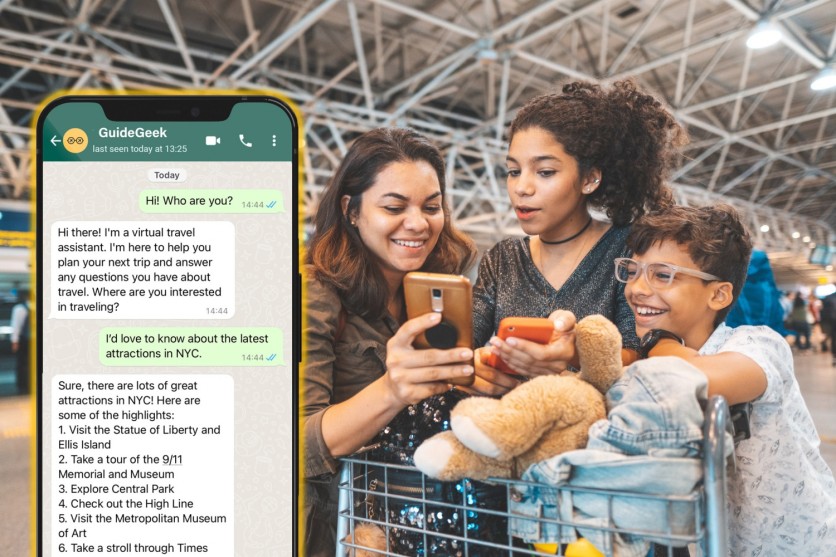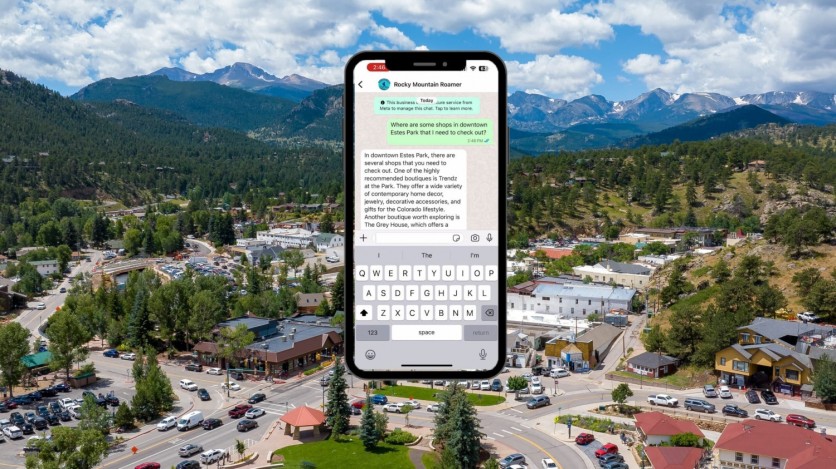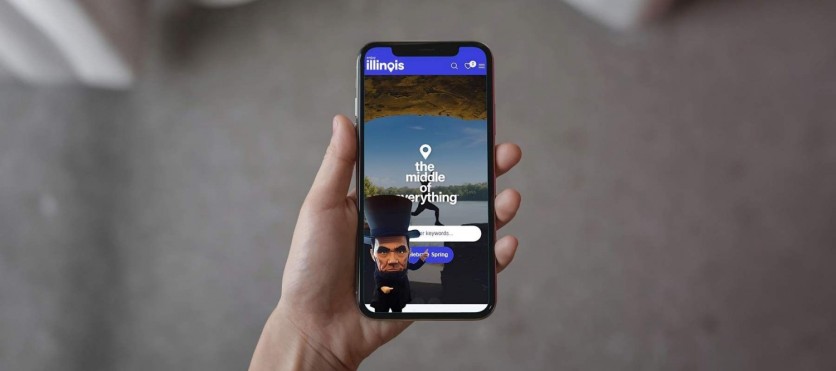
Travel is an enormous industry made up of companies that make their profits by steering people to the right destinations and activities. And yet, many travelers still rely on the cheap and simple method of asking friends and family for ideas on where to go and what to do. Combining these two kinds of planning is the idea behind GuideGeek, the AI travel genius from online travel publisher Matador Network.
The technology, which recently earned Matador Network a Most Innovative Companies nod from Fast Company, is built on ChatGPT-4o with over 1,000 additional travel data integrations, including Matador's own vast library of content. The biggest innovation, though, is in how users access the technology. Rather than downloading a specialized app like with other AI travel assistants, travelers can message GuideGeek's AI on WhatsApp, Instagram, or Facebook Messenger and have a real-time conversation about their trip with an AI that knows everything about travel.
This consumer version of GuideGeek is free and doesn't sell user data. Matador is able to keep its core product free because it generates revenue by creating custom versions of the AI for destination marketing organizations (DMOs), also known as tourism boards. Matador Network says DMOs such as Enjoy Illinois, Visit Estes Park, Visit Idaho, Visit RenoTahoe, Visit Aruba, Visit Jasper, Travel Manitoba, and Tourism Greece have all launched custom versions of GuideGeek with many more about to come online.
"If every traveler interested in visiting a destination had a nearby friend or family member to text for advice, that would be a dream come true for any DMO," says Matador Network CEO Ross Borden. "The custom versions of GuideGeek we are launching with our DMO partners are designed to provide that experience."

As consumers become accustomed to receiving instant, personalized responses from brands on social media accounts and websites, Borden says that every travel brand is going to want a custom AI trained with its data and with its own set of guardrails in place.
Using AI to Gain Competitive Advantage in the Travel Industry
In a report titled "Unleashing the Power of AI in Destination Marketing," Destinations International cites custom chatbots as one of the main opportunities for DMOs to leverage artificial intelligence.
"In the era of instant gratification," says the report, "AI can dynamically create personalized travel itineraries, suggest activities based on user preferences and recommend hidden gems that align with a traveler's interests."

One of the first DMOs to launch a custom AI with GuideGeek technology was Estes Park, Colorado, which went live with its Rocky Mountain Roamer in May. A promotional video from Visit Estes Park shows a traveler using the chatbot to spontaneously find lodging, coffee, shopping, a brewery, and more in the snowy mountain town.
"Artificial intelligence is no longer a trend, it's here to stay, and we're dialing into the movement because we want a competitive advantage," said Kara Franker, CEO of Visit Estes Park. "Using simple, conversational prompts, Rocky Mountain Roamer provides itineraries, links to content on our website, and even links to book flights and hotels."
The Illinois Office of Tourism rolled out its custom version of GuideGeek, BIG Lincoln, on the Enjoy Illinois website in June. (Quirky names are optional—Travel Manitoba just calls their custom AI GuideGeek.)

"The Illinois Office of Tourism is dedicated to providing innovative tools and resources to enhance the travel experience in our state," said Illinois Department of Commerce and Economic Opportunity Director Kristin Richards. "The introduction of the BIG Lincoln AI chatbot will offer intuitive assistance and enhance accessibility for all visitors using personalized recommendations to help effortlessly plan their next Illinois trip."
Easy access to customized suggestions and itineraries is especially useful for travelers with disabilities. Survey data from Matador Network found that 82.5% of travelers who used AI to plan travel for someone with a disability were satisfied with the experience. The survey also found faster levels of AI adoption among LGBTQ+ travelers and families with children.
"Travelers' needs have continued to change, and we are excited to trailblaze using new technology to amplify our dreaming and planning phase of the visitor journey, a critical step to enhancing the Illinois travel experience," said Daniel Thomas, deputy director of the Illinois Department of Commerce and Economic Opportunity, Office of Tourism. He explains that BIG Lincoln doesn't just provide travelers with info but also helps his team "keep a finger on the pulse of what visitors are looking for when planning a trip to and around Illinois."
Building Custom AIs for DMOs and Other Travel Brands
When GuideGeek first launched in the spring of 2023, it only had about 85% accuracy, meaning the AI would get confused or provide inaccurate information in about 1 out of 6 conversations. However, over the following year, a team spread out across the globe and, working around the clock, monitored a million conversations with the AI to help the tech team improve it.
Today, Matador Network reports that GuideGeek has 98% accuracy. The AI continues to learn and improve based on feedback users provide, a cycle known as reinforcement learning from human feedback (RLHF).
"DMOs carefully shape and protect the brand of their destination," says Borden. "We knew that for them to trust an AI solution that could interact directly with potential visitors, it would have to be both highly accurate and customizable."
Starting with the increasingly accurate consumer version of GuideGeek as a baseline, Matador Network trains the AI on custom data sets from DMO partners and configures custom guardrails, such as ruling out recommendations for adult entertainment, for example.
"No one knows a destination better than the DMO, and the custom AIs we build are able to harness and prioritize that intimate and extensive information in digestible, conversational responses," says Borden.
While all the custom versions of GuideGeek created so far belong to DMOs, Borden says other travel brands, such as airlines and hotel chains, won't be far behind.
"Everyone in every industry is racing to use generative AI to improve their business," says Borden. "In the travel industry, GuideGeek is the easy button."
ⓒ 2025 TECHTIMES.com All rights reserved. Do not reproduce without permission.




